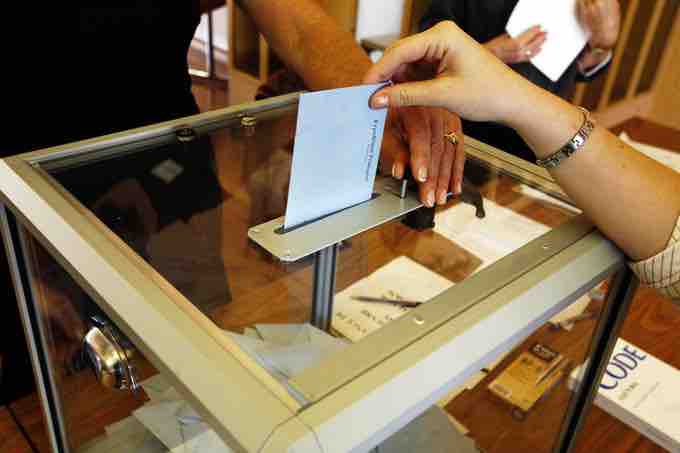An election is a formal decision-making process by which a population chooses an individual to hold public office. Generally, elections consist of voters casting ballots at polling places on a scheduled election day . Elections have been the usual mechanism by which representative democracies have operated since the 17th century. Elections may fill offices in the legislature, the executive and judiciary, and regional and local government.

Casting a Ballot
Many electoral systems require voters to cast ballots at official, regulated polling places.
Electoral systems are the detailed constitutional arrangements and voting laws that convert the vote into a political decision. The first step in determining the results of an election is to tally the votes, for which various vote counting systems and ballot types are used. Electoral systems then determine the result of the election on the basis of the tally. Most electoral systems can be categorized as either proportional or majoritarian. In a proportional electoral system, a political party receives a percentage of seats in a governmental body in proportion to the number of votes it receives. In a majoritarian system, one party receives all of the seats in question if it receives the majority of votes. Strictly majoritarian systems are rare in modern democracies due to their tendency for suppressing minority views. For example, in the United States presidential elections are dependent upon the allocation of delegates from the electoral college. The number of delegates that each state has is proportional to the state's population, but all of a state's delegates are assigned to the presidential candidate who wins the majority of votes in the state. This electoral system is neither strictly majoritarian nor proportional; state delegates are not allocated to candidates in proportion to the votes they receive, but neither is winning the popular vote sufficient to ensure a candidate's election. This system is intended to provide smaller states and less densely populated regions with influence in national elections.
The question of who may vote is a central issue in elections. The electorate, or the group of people who are eligible to vote, does not generally include the entire population. For example, many countries prohibit those judged mentally incompetent from voting, and all jurisdictions require a minimum age for voting. Historically, jurisdictions have excluded groups such as women, blacks, immigrants, and non-property owners from the electorate. Most national elections require that voters are citizens, and many local elections require proof of local residency to vote.